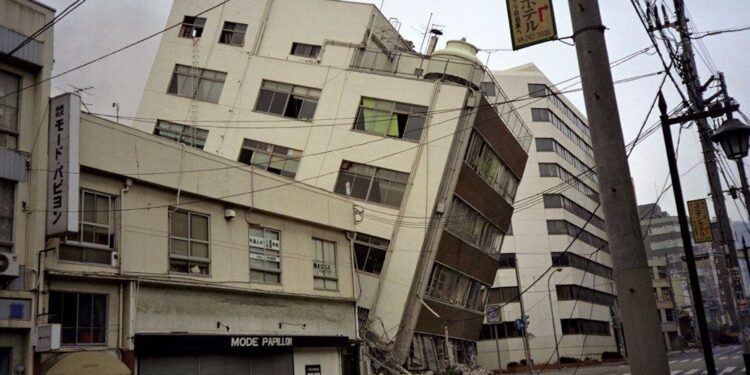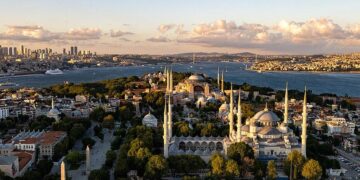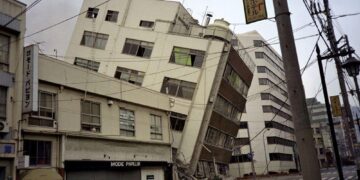Magnitude 5.1 Earthquake Shakes Area Near Ankara, Turkey; No Damage or Injuries Reported
In the early hours, a moderate earthquake registering 5.1 on the Richter scale struck close to Ankara, Turkey’s capital city, causing noticeable tremors across the region. According to seismic monitoring agencies and local officials, while residents experienced brief shaking sensations, there have been no immediate reports of structural damage or casualties. This event underscores Turkey’s position atop some of the planet’s most geologically active fault zones—a factor that continually shapes both its landscape and disaster preparedness strategies.
Understanding the Ankara Earthquake: Geological Context and Regional Seismicity
Turkey lies at the convergence of several major tectonic plates, including the Eurasian and Arabian plates, making it highly susceptible to frequent seismic activity. The recent 5.1 magnitude quake near Ankara is part of this ongoing geological dynamic that has historically resulted in significant earthquakes throughout the country—such as the devastating 1999 İzmit earthquake which claimed thousands of lives.
Despite its moderate strength compared to past events, this tremor serves as a timely reminder for residents and visitors alike about living in an earthquake-prone environment where vigilance remains essential.
Essential Safety Guidelines for Tourists Visiting Seismically Active Areas in Turkey
While no harm was reported from this latest incident near Ankara, travelers exploring regions with known seismic risks should adopt precautionary measures to ensure their safety during unexpected quakes:
- Stay Updated: Continuously monitor local news outlets and official earthquake alerts through apps or websites.
- Familiarize Yourself with Emergency Plans: Identify evacuation routes and emergency exits at hotels or accommodations before settling in.
- Create a Portable Emergency Kit: Pack essentials such as bottled water, non-perishable snacks, a flashlight with extra batteries, basic first aid supplies, and important documents.
- Consult Local Experts: Engage with guides or locals who can provide insights into safe locations and recommended actions during emergencies.
- Avoid Hazardous Zones: Be mindful of your surroundings—steer clear from unstable structures like old buildings or areas prone to landslides.
The Role of Travel Insurance Amidst Natural Disasters
Given Turkey’s susceptibility to earthquakes—and natural disasters globally—it is prudent for travelers to secure comprehensive travel insurance policies that specifically cover such events. Key features often included are:
| Coverage Type | Description |
|---|---|
| Cancellations Due to Natural Disasters | Covers prepaid expenses if trips are canceled because of an earthquake disrupting travel plans. |
| Mental & Physical Health Coverage | Covers medical treatment costs arising from injuries sustained during seismic events. |
| < strong >Emergency Evacuation Assistance< / strong > < td >Finances transportation costs if urgent evacuation becomes necessary.< / td > < / tr > < / tbody > < / table > According to recent data from global disaster monitoring organizations like EM-DAT (The International Disaster Database), over 100 million people worldwide were affected by earthquakes between 2010-2020 alone—highlighting why preparedness remains critical. < h2 >Final Thoughts: Embracing Preparedness Amidst Nature’s Unpredictability< / h2 > Although this particular quake near Ankara caused no immediate harm—a fortunate outcome—the event reinforces how vital it is for communities residing in seismically active zones—and those visiting—to maintain awareness about potential risks. Authorities continue rigorous monitoring efforts while encouraging public education campaigns focused on resilience-building measures tailored toward minimizing injury risk when future quakes occur. Stay connected with trusted sources such as Travel and Tour World for ongoing updates regarding natural hazards affecting popular destinations worldwide. | . . .















